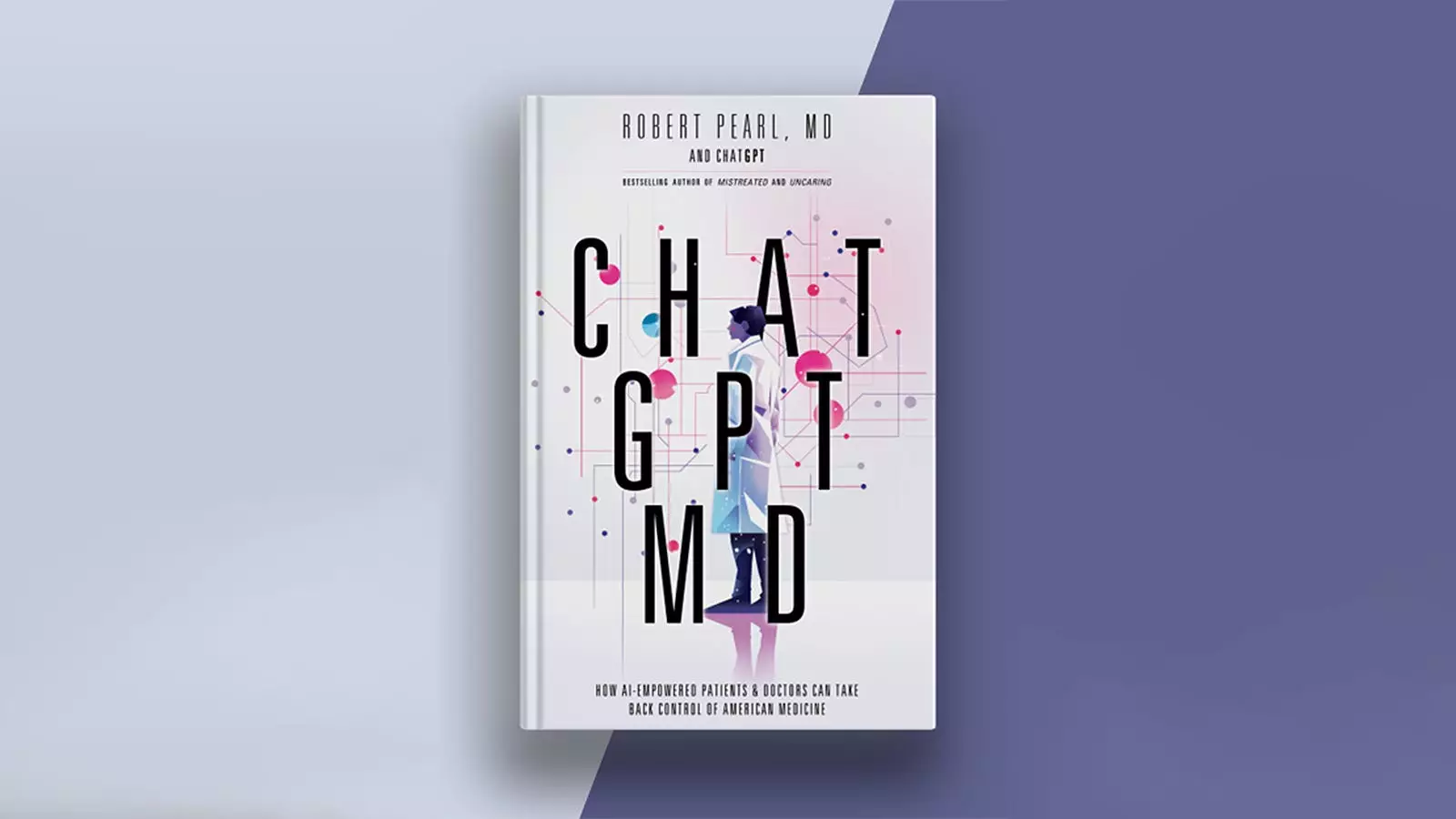Throughout history, knowledge has been considered a valuable resource, often held by a select few who dedicated their lives to acquiring it. However, as time progressed, access to knowledge has transformed into a collective treasure that is now accessible to all individuals. The evolution of human knowledge has been marked by several pivotal moments that have expanded our access to information and expertise, ultimately redefining the landscape of various industries, including American medicine.
The journey towards democratizing knowledge can be traced back to 600 years ago with the invention of the printing press by Johannes Gutenberg in Mainz, Germany. This revolutionary machine transformed the book-making process, turning knowledge from an elite privilege into a public commodity. Once an affordable luxury only accessible to the wealthy, books became mass-manufactured, making knowledge readily available to the general public.
Fast forward to the mid-20th century, the emergence of the internet marked another significant leap in the accessibility of knowledge. Originating as a government defense project, the World Wide Web evolved into a dynamic force that provided unprecedented access to information to millions of people worldwide. The internet broke down geographical barriers to education and information, reshaping societies, economies, and individual lives.
In 2007, the introduction of the iPhone revolutionized the way people access information. This handheld device served as a portal to the world’s knowledge, putting libraries and the power of the internet into the pockets of millions. The fusion of communication, entertainment, and information access in a single device facilitated easy and quick access to information for doctors and patients alike.
As we look towards the future of medical knowledge, the role of generative AI, such as ChatGPT, is poised to play a significant role. This technology has the potential to democratize medical expertise, granting access to complex skills and enabling mastery in various disciplines. Patients without medical training will soon have the ability to accurately diagnose medical conditions, monitor chronic diseases, and obtain reliable answers to medical questions, all from the comfort of their own devices.
The Changing Landscape of Medical Expertise
With the advancement of AI platforms, the future of medical expertise is becoming increasingly accessible to anyone with a computer or smartphone. Individuals will no longer be solely reliant on healthcare professionals for medical advice and expertise. This shift towards empowering patients with the knowledge and tools to make informed decisions about their health marks a significant turning point in the democratization of medical knowledge.
The democratization of medical knowledge is an ongoing process that has been shaped by technological advancements and the evolution of human understanding. From the invention of the printing press to the emergence of generative AI, each breakthrough has brought us closer to a future where medical expertise is accessible to all. As we embrace this new era of healthcare, it is essential to recognize the transformative power of knowledge and its potential to revolutionize the way we approach health and wellness.



Leave a Reply